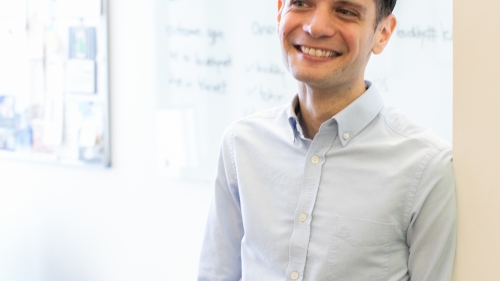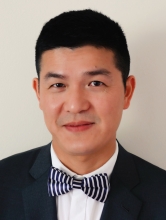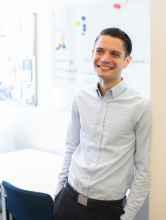Alejandro Ganimian and Kongji Qin, assistant professors in NYU’s Steinhardt School of Culture, Education, and Human Development, have been selected as 2022 National Academy of Education (NAEd)/Spencer Postdoctoral Fellows.
Along with the NAEd/Spencer dissertation fellowships and research development awards, these programs provide funding and professional development to early-career researchers whose projects address critical issues in the history, theory, or practice of formal or informal education, at the national and international levels.
“The NAEd/Spencer Fellowships represent an important investment in the future leaders in education research. In these times of uncertainty, the continued support of future leaders in education research is of paramount importance, and our fellows will play an important role in shaping that future,” said NAEd President Carol Lee in a statement. “We face challenging questions around how research can inform new understandings of learning and development and the systems that support them. I look forward to working with and supporting our fellows and awardees in the coming year.”

Ganimian, an assistant professor of applied psychology and economics, and Qin, an assistant professor of TESOL, bilingual, and world language education, were among the 25 postdoctoral fellows selected from a pool of 258 applicants.
For Ganimian's research project, he will develop a classroom-observation protocol to track the extent to which teachers of sixth-grade students in Bangladesh interact with high-achieving students more frequently, or differently, than with low-achieving students. His will be one of the first studies to systematically investigate this inquiry in a developing country.
Qin will conduct research with teachers and immigrant youth in English language arts classrooms at one NYC public high school to explore how the teachers design and implement a curriculum incorporating topics of immigration and inequality. He will also examine how a collective of educators, students, activists, and university-based researchers can support immigrant youth to counteract xenophobia and racism.


